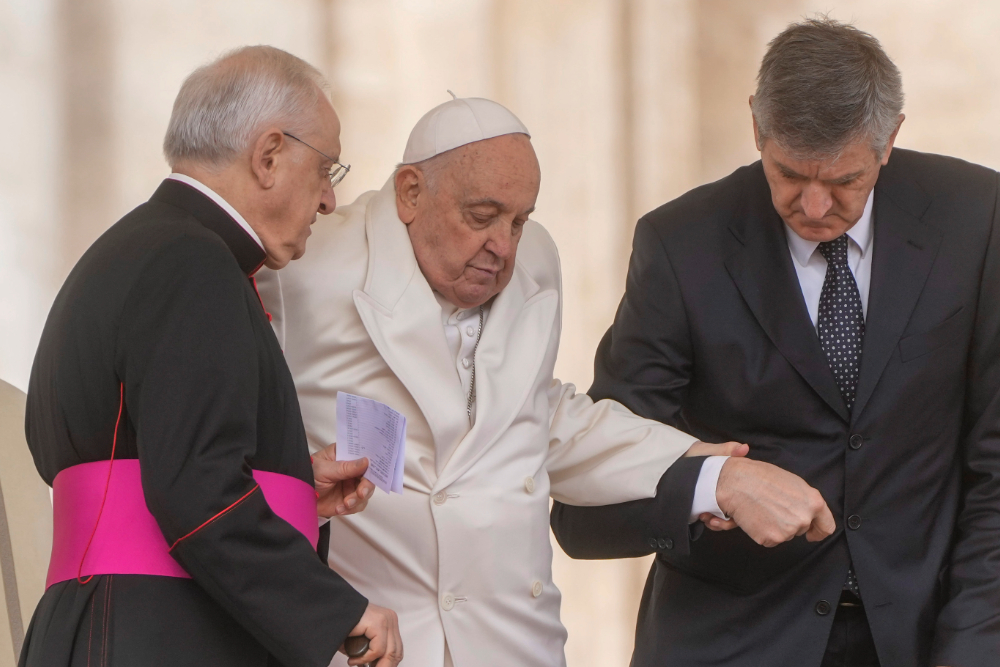Trump's Tariff U-Turn: A Response to Wall Street's Pressure
In a surprising reversal, President Trump paused the implementation of sweeping tariffs just hours after announcing them, citing the turmoil in global financial markets as a catalyst for change. This article explores how Wall Street's influence played a crucial role in shaping this decision and its implications for the economy.
Following a week of intense market volatility, President Trump's abrupt shift on tariffs has raised eyebrows across the financial landscape. His initial announcement of new import taxes sent shockwaves through global markets, prompting warnings of potential economic chaos. However, after observing the significant downturn, Trump quickly pivoted, announcing a 90-day delay on the tariffs that had just been introduced.
Market Reactions and Influences
The decision to pause the tariffs came after a historic day for Wall Street, which recorded its best performance in 16 years. This turnaround was largely attributed to Trump's announcement, highlighting the intricate relationship between political decisions and market reactions. As investors and corporate executives voiced their concerns over the potential repercussions of the tariffs, Trump's change of heart revealed the extent to which Wall Street's power remains influential in shaping economic policy.
Reports indicate that key figures such as Jamie Dimon, the CEO of JPMorgan Chase, and billionaire hedge fund manager Ken Griffin were among those who exerted pressure on Trump to reconsider his stance. Dimon, in particular, advocated for a more strategic approach to trade negotiations, emphasizing the need for thoughtful engagement with trading partners rather than hasty tariffs.
The Role of Treasury Secretary
US Treasury Secretary Scott Bessent has emerged as a pivotal player in this narrative. With a background as a hedge fund manager, Bessent has gained the trust of Wall Street and is now tasked with negotiating the toughest tariff rates seen since before World War II. His expertise and connections have positioned him as a key advisor, reinforcing the sentiment that business leaders are regaining their influence in Washington.
Bessent's approach aligns with calls from the financial community for a more measured and deliberate strategy in trade negotiations. As pressures mount for Trump to secure deals that will stabilize markets, Bessent's role in shaping these discussions will be critical.
Looking Ahead
While Trump's pivot on tariffs has provided a temporary reprieve for markets, the lingering uncertainty remains palpable. The initial excitement from Wall Street's rebound is tempered by concerns about the long-term sustainability of this decision. Analysts warn that without concrete trade agreements, market volatility may persist, especially as global stocks continue to fluctuate.
The recent developments underscore the ongoing tug-of-war between political decisions and market realities. As the situation unfolds, the financial community will be closely monitoring how Trump and his advisors navigate the complexities of international trade and economic policy.
Conclusion
President Trump's swift U-turn on tariffs illustrates the significant pressure exerted by Wall Street and corporate America on political decisions. As the administration grapples with the challenges of trade negotiations, the influence of financial leaders like Scott Bessent and Jamie Dimon will likely play a crucial role in shaping the future of American economic policy. The coming weeks will be critical in determining whether this pause on tariffs can lead to a more stable economic environment or if markets will once again find themselves in turmoil.
Stay updated with the latest developments in trade and economic policy by following our blog.
What's Your Reaction?















